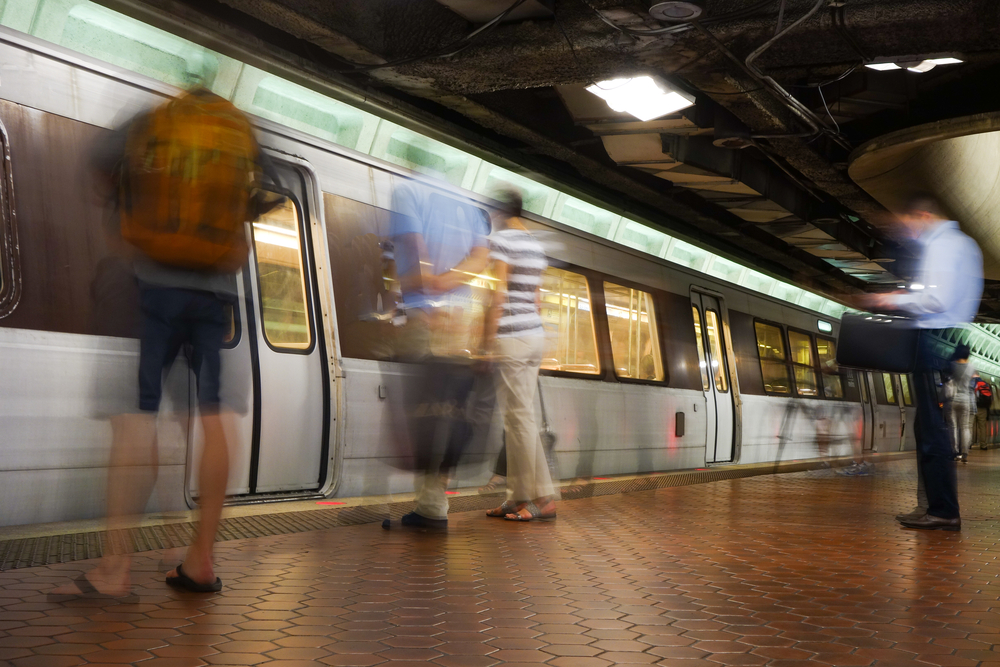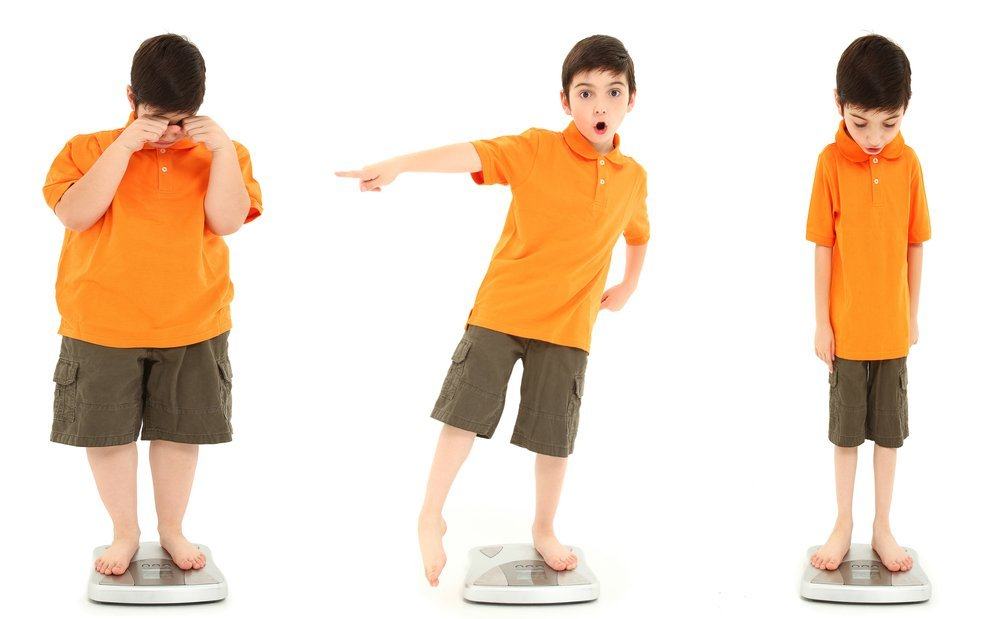Contents:
Medical Video: Are You Sitting Too Much?
The long journey to commute is not a happy moment for most people. But it turns out that remote offices can have an impact more than just time. The time you spend on the streets is proven to be detrimental to your physical and mental health. Here are some of the adverse effects of a long trip to the office - by private vehicle, city bus, or train - on your health.
What are the negative impacts of the office too far?
1. Blood sugar increases
Drive more than 16 kilometers every day, from and to work, related to high blood sugar. Thus was found by a team of researchers from the University School of Medicine in Saint Louis and the Cooper Institute in Dallas and published in The American Journal of Preventive Medicine. High blood sugar levels can lead to prediabetes and diabetes.
2. Lack of sleep
The 2012 Regus Work-Life Balance Index found that people who took more than 45 minutes to and from work every day reported lower sleep quality and higher levels of fatigue than people with shorter travel times.
Click the following link to find out how to effectively get a good night's sleep and quality at night, or tips on sleeping in public transportation.
3. Increased weight
The farther you travel to the office every day, the higher your chances of being overweight. This is because long commuter trips make many people have to leave early in the morning and skip breakfast time, so they prefer to buy makeshift, high-calorie fast food on the trip.
And of course, lingering in a car or huddling on a train or bus leaves little time for you to get enough physical activity - which can contribute to an increase in body mass index and high blood pressure.
4. Blood pressure rises
A long trip during rush hour - coupled with the anxiety of being late for work or an important meeting - can result in increased stress that can boost your blood pressure. This was proven in an experiment from a University of Utah research team, where participants were told that they were late for the meeting and would be given a financial incentive if they succeeded in achieving their goals as quickly as possible.
People who drive in more intense traffic conditions are reported to have higher levels of stress and blood pressure than groups of participants who drive on relaxed roads. High blood pressure over time is a major risk factor for heart disease and stroke.
If you feel you are always in a hurry, it might be appropriate to consider leaving at least an hour before rush hour - even if you arrive at work at the same time as usual. This way you will definitely feel less anxious while on the trip.
5. Risk of chronic neck pain
One-third of workers who spent more than 90 minutes per day said they had neck and back pain that never subsided, according to a 2010 Gallup poll. However, of all employees who took only 10 minutes or less to go home- going to work, only one in four people reported back pain. Extra time spent sitting down on a chair or when standing on a bus or train plays a big role in fostering this problem.
The solution is only one: try to always sit up straight, with the support of a good spine and head up straight at the shoulder. Good posture can help you reverse this problem, and is a lifestyle choice that requires you to remember it every day to become an automatic habit.
6. Vulnerable to depression
Workers who drive their own vehicles or depart by public transportation are reported to be less able to enjoy daily activities and have more difficulty concentrating than pedestrians or cyclists, based on a 2014 study from the University of East Anglia. Interestingly, the researchers found that Mental welfare score decreases for those who drop off with cars because the time spent behind the wheel increases. For pedestrians, quite the opposite: those who travel far to work on foot have better mental health scores.
In addition, researchers from the University School of Medicine in Saint Louis and the Cooper Institute in Dallas also noted in their report that people with congestion of at least 10 miles each way had a higher tendency towards depression, stress, anxiety, and social isolation than those whose commuter time is shorter or not commuting at all.
Even though there's not much you can do to shorten or eliminate your travel time, you can outsmart it by doing something like listening to an interesting audio song or podcast. You might also be able to try chatting with the person next to you. According to a 2014 study of the Journal of Experimental Psychology, commuter bus and train passengers report more positive experiences when they communicate with other passengers than when they close themselves.
7. Your happiness and life satisfaction plummet
Workers whose offices are much easier to feel nervous and anxious, dissatisfied, depressed, and more feel that their lives are meaningless than those who do not have to spend a long time going to work. This is a finding from the Office for National Statistics in the UK that looks at the impact of commuter trips on personal well-being. It was also found that every minute of extra time traveling back and forth to make you feel worse.
Taking a bus for 30 minutes or more is associated with the lowest level of life satisfaction and happiness, but even if you are lucky enough to cycle to work and enjoy the beautiful nature, your satisfaction will also decrease if the distance you travel is too long.
8. Exposure to excessive pollution
In a 2007 study from Los Angeles residents, it was found that up to half of their exposure to hazardous air pollution occurs when they travel back and forth with their vehicles. The authors of the study said, driving with closed windows, using recirculated air conditioning, and driving slower than 30 km per hour can reduce exposure, but still not as much if you cut down on driving time.
Similarly, cycling to the office, said a study from the Netherlands in 2010. However, the benefits of cycling that can improve the work of the heart still greater than the health risks from exposure to air pollution.












